Project aims to provide housing for refugees
Serbian Deputy PM Jovan Krkobabić announced on Wednesday a project to build 10,000 apartments and other measures in a bid to provide homes for refugees.
Wednesday, 14.03.2012.
19:19

Serbian Deputy PM Jovan Krkobabic announced on Wednesday a project to build 10,000 apartments and other measures in a bid to provide homes for refugees. Rural households and construction materials will also be purchased in the next few years, and these measures combined "should permanently solve the problem of housing for approximately 17,000 refugee families in Serbia", he said. Project aims to provide housing for refugees Opening a meeting in Belgrade where the heads of diplomatic missions in Serbia were presented a joint regional program for the permanent solution to the problem of refugees, Krkobabic said that a donor conference will be organized on April 24 in Sarajevo to raise EUR 583mn, of which Serbia will receive EUR 35mn. He recalled that Serbia is ranked fifth in the world by the length of exile, while in Europe it is at the first place by the number of refugees. In 2008, there were approximately 200,000 refugees, mostly from Croatia and Bosnia-Herzegovina, he said. Also, about 220,000 internally displaced persons from Kosovo and Metohija are now residing in Serbia, and for them this regional program will not apply, he said. Today the situation is somewhat better, there are still approximately 17,000 families, or about 45,000 refugees from Bosnia-Herzegovina and Croatia, and this program will solve their housing problems, said Krkobabic. UNHCR High Commissioner’s Personal Envoy Anne Willem Bijleveld said that it is very important that there is a clearly expressed political will of Serbia, Croatia, Montenegro and Bosnia-Herzegovina to permanently solve the refugee issue. He added that the funds that come from donors will be distributed through the Council of Europe Development Bank, which will ensure that assistance reaches those in need. Serbian Commissioner for Refugees Vladimir Cucic said thqt twenty years after the conflict began, there are approximately 45,000 people with the status of refugees in Serbia. Of that number, about 800 people are still residing in collective centers, 20 percent of them have solved their housing problems, while others reside with relatives or in rented accommodation, he said. Head of EU Delegation in Serbia Vincent Degert welcomed the efforts of Serbia, Montenegro, Croatia and Bosnia-Herzegovina to solve the problem of refugees and said that this project is of crucial importance for the future of the region. Acting Ambassador of the OSCE Mission in Serbia Thomas Moore said that the most vulnerable among the refugees, who after 20 years living in difficult conditions have lost hope, will feel the greatest benefit from this project. He said that for many of them, this is the last chance to regain control over their lives. Representative of the US Embassy in Serbia Earl Litzenberger said that this project should provide housing for many people, which calls for substantial resources. He said that Serbia, Croatia, Bosnia-Herzegovina and Montenegro cannot finance that by themselves, which is why the United States has called on all countries to help in providing the necessary resources. The entire project, worth EUR 580mn, will solve the housing of about 73,000 people within five years. A multidonor trust fund to collect the necessary funds will be formed at the donor conference in Sarajevo scheduled for the last week of April. Of the whole sum, Serbia should get EUR 335mn, Croatia EUR 120mn, Bosnia-Herzegovina about EUR 101mn and Montenegro EUR 27mn. The meeting in Belgrade on Wednesday (Tanjug) Tanjug
Project aims to provide housing for refugees
Opening a meeting in Belgrade where the heads of diplomatic missions in Serbia were presented a joint regional program for the permanent solution to the problem of refugees, Krkobabić said that a donor conference will be organized on April 24 in Sarajevo to raise EUR 583mn, of which Serbia will receive EUR 35mn.He recalled that Serbia is ranked fifth in the world by the length of exile, while in Europe it is at the first place by the number of refugees.
In 2008, there were approximately 200,000 refugees, mostly from Croatia and Bosnia-Herzegovina, he said.
Also, about 220,000 internally displaced persons from Kosovo and Metohija are now residing in Serbia, and for them this regional program will not apply, he said.
Today the situation is somewhat better, there are still approximately 17,000 families, or about 45,000 refugees from Bosnia-Herzegovina and Croatia, and this program will solve their housing problems, said Krkobabić.
UNHCR High Commissioner’s Personal Envoy Anne Willem Bijleveld said that it is very important that there is a clearly expressed political will of Serbia, Croatia, Montenegro and Bosnia-Herzegovina to permanently solve the refugee issue.
He added that the funds that come from donors will be distributed through the Council of Europe Development Bank, which will ensure that assistance reaches those in need.
Serbian Commissioner for Refugees Vladimir Čučić said thqt twenty years after the conflict began, there are approximately 45,000 people with the status of refugees in Serbia.
Of that number, about 800 people are still residing in collective centers, 20 percent of them have solved their housing problems, while others reside with relatives or in rented accommodation, he said.
Head of EU Delegation in Serbia Vincent Degert welcomed the efforts of Serbia, Montenegro, Croatia and Bosnia-Herzegovina to solve the problem of refugees and said that this project is of crucial importance for the future of the region.
Acting Ambassador of the OSCE Mission in Serbia Thomas Moore said that the most vulnerable among the refugees, who after 20 years living in difficult conditions have lost hope, will feel the greatest benefit from this project.
He said that for many of them, this is the last chance to regain control over their lives.
Representative of the US Embassy in Serbia Earl Litzenberger said that this project should provide housing for many people, which calls for substantial resources.
He said that Serbia, Croatia, Bosnia-Herzegovina and Montenegro cannot finance that by themselves, which is why the United States has called on all countries to help in providing the necessary resources.
The entire project, worth EUR 580mn, will solve the housing of about 73,000 people within five years.
A multidonor trust fund to collect the necessary funds will be formed at the donor conference in Sarajevo scheduled for the last week of April.
Of the whole sum, Serbia should get EUR 335mn, Croatia EUR 120mn, Bosnia-Herzegovina about EUR 101mn and Montenegro EUR 27mn.











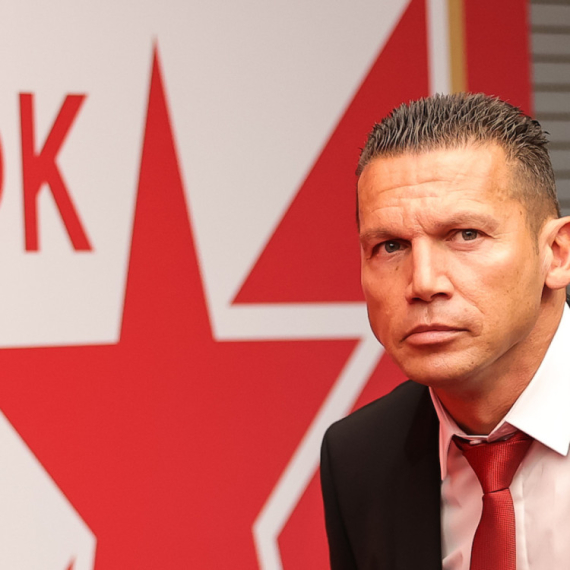


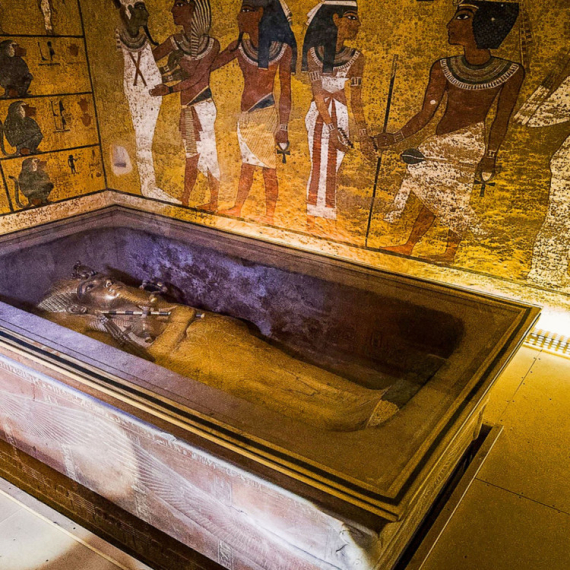

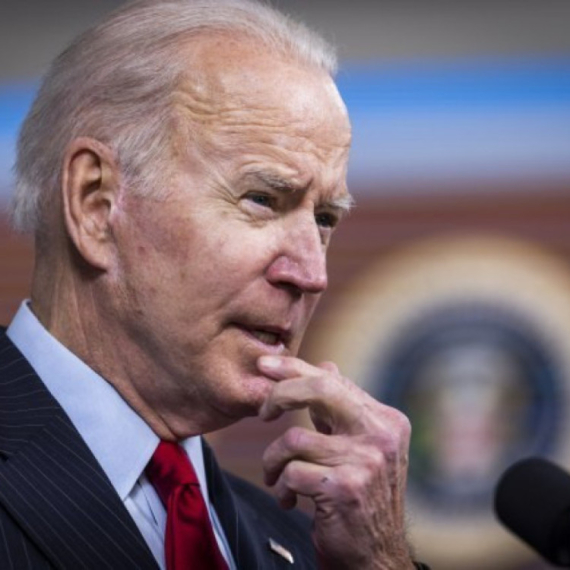
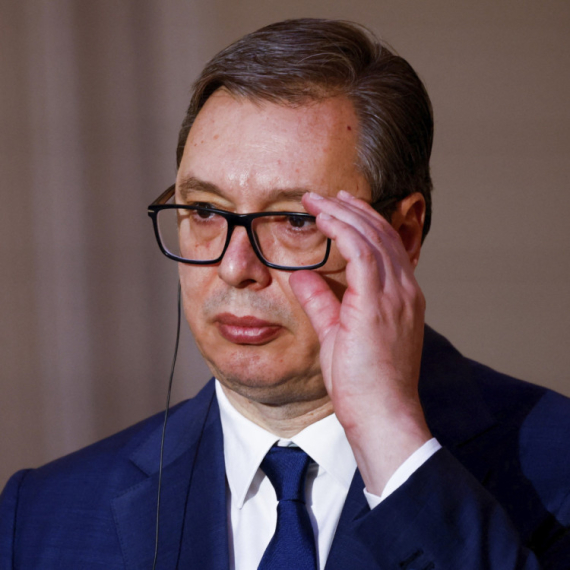
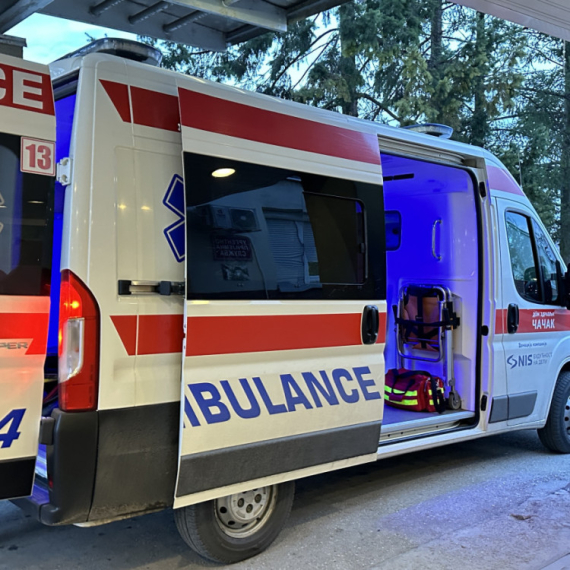





































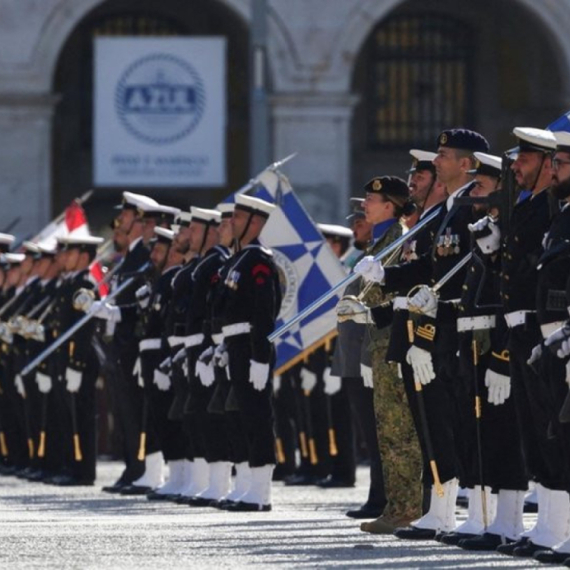


Komentari 0